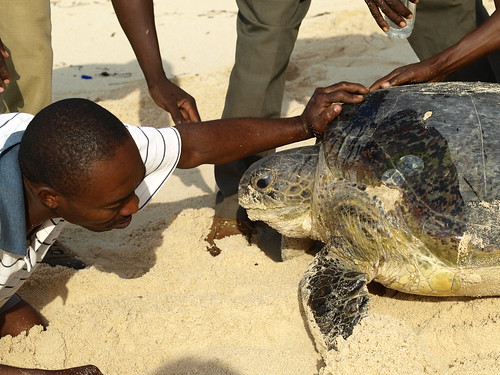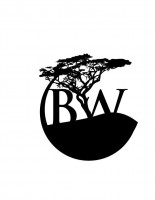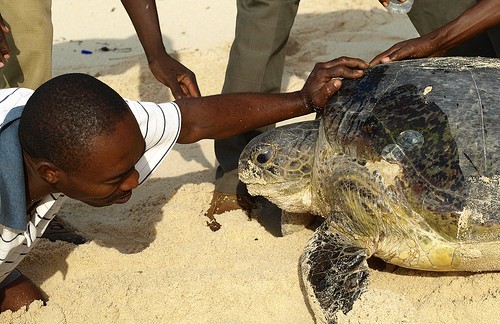Local Ocean Trust Watamu Turtle Watch

Many factors have contributed to the steady decline of sea turtle populations around the world, but the poaching of both adults and eggs for food and money has contributed greatly to their demise. The Watamu-Malindi Marine Park and Reserve on Kenya’s northern coast serves as one of the country’s most important sea turtle nesting areas. Beginning in the 1970’s, Kenyan naturalist, Barbara Simpson, made efforts to conserve and protect the sea turtles nesting on the Watamu and Malindi beaches.

In 1997, the Watamu Turtle Watch (WTW) was established to further her efforts. Early in the organization’s history, it became apparent that the health of the area’s surrounding marine environment directly impacted the survival of the turtles. In response, the Local Ocean Trust (LOT) was launched in 2002 to better protect and improve the quality of this local marine ecosystem as a whole, thereby strengthening its turtle conservation efforts. WTW’s nest protection and monitoring program guards the important nesting beaches day and night from potential poachers and other illegal activities, patrols the beaches for nests and nesting turtles, tags adult turtles and collects valuable data as a part of their research. The organization offers a monetary incentive to encourage local community members to participate in this program.

WTW’s also offers a financial incentive to local fisherman to call the organization when they discover a sea turtle entangled in their fishing nets, as opposed to slaughtering the animal. WTW responds to these calls, frees the turtles from the net, tags them (for monitoring and tracking), and releases them back to the ocean. Thanks to this program, the WTW has been able to save 5,700 net-entangled turtles since its establishment, 857 of those in 2009 alone! The organization also has a rehabilitation center which allows for the treatment of sick and injured turtles.

WTW relies on LOT to educate local communities, schools, and fishermen about conservation and the importance of this biosphere’s health and existence. Through LOT’s community development program, the organization has been able to work with local fishing communities to identify and address conservation issues, and to develop and encourage participation in community conservation groups. Such groups work to establish and promote sustainable use of natural resources. WTW’s efforts have not only saved turtles, but have helped to develop a sense of pride in the area’s marine ecosystem amongst local communities.

To learn more, click here

